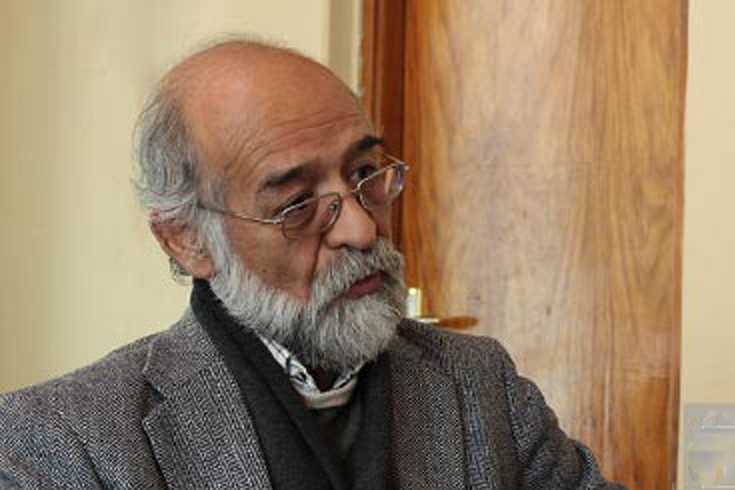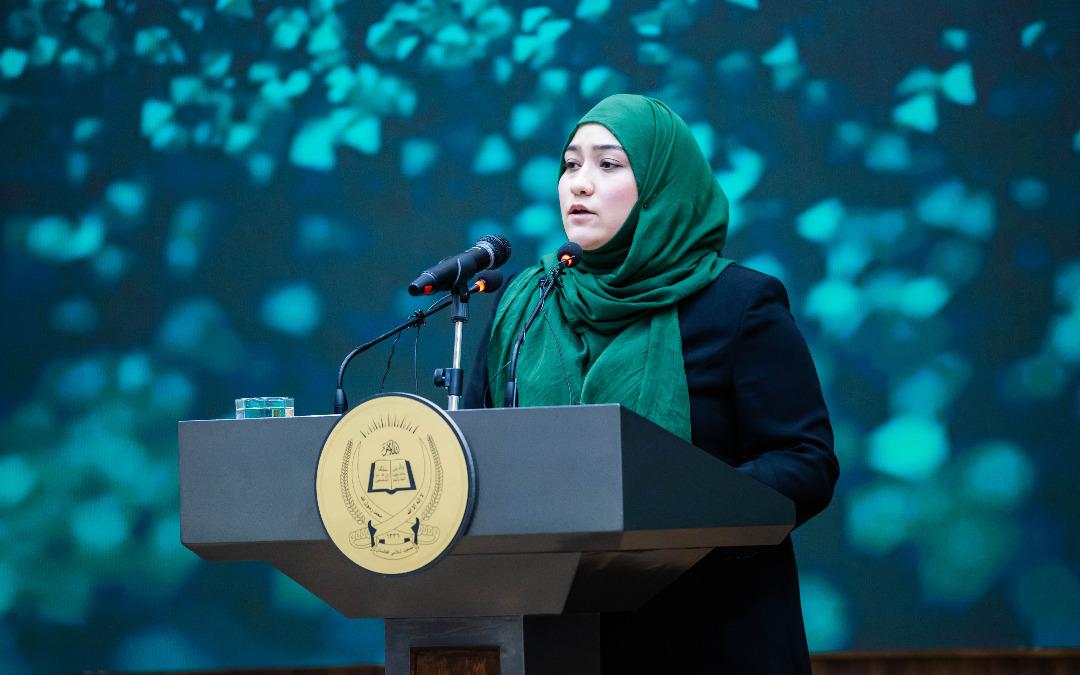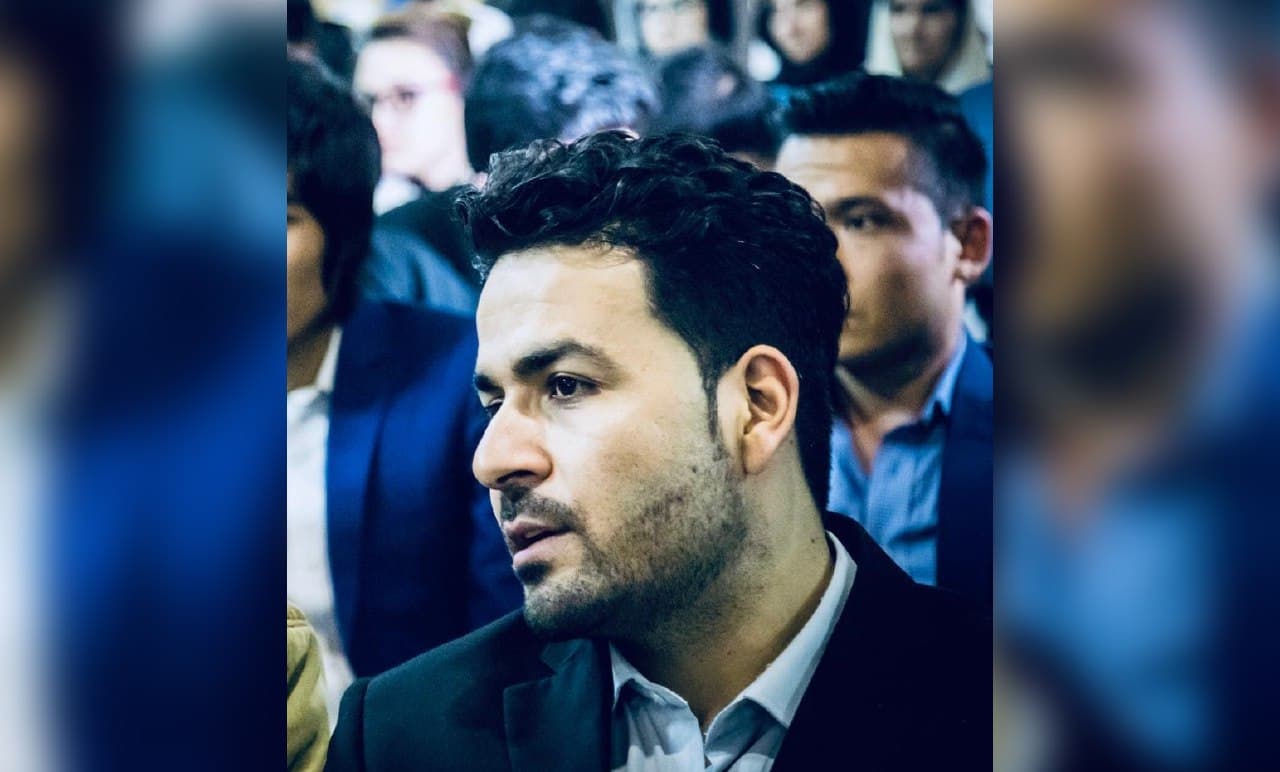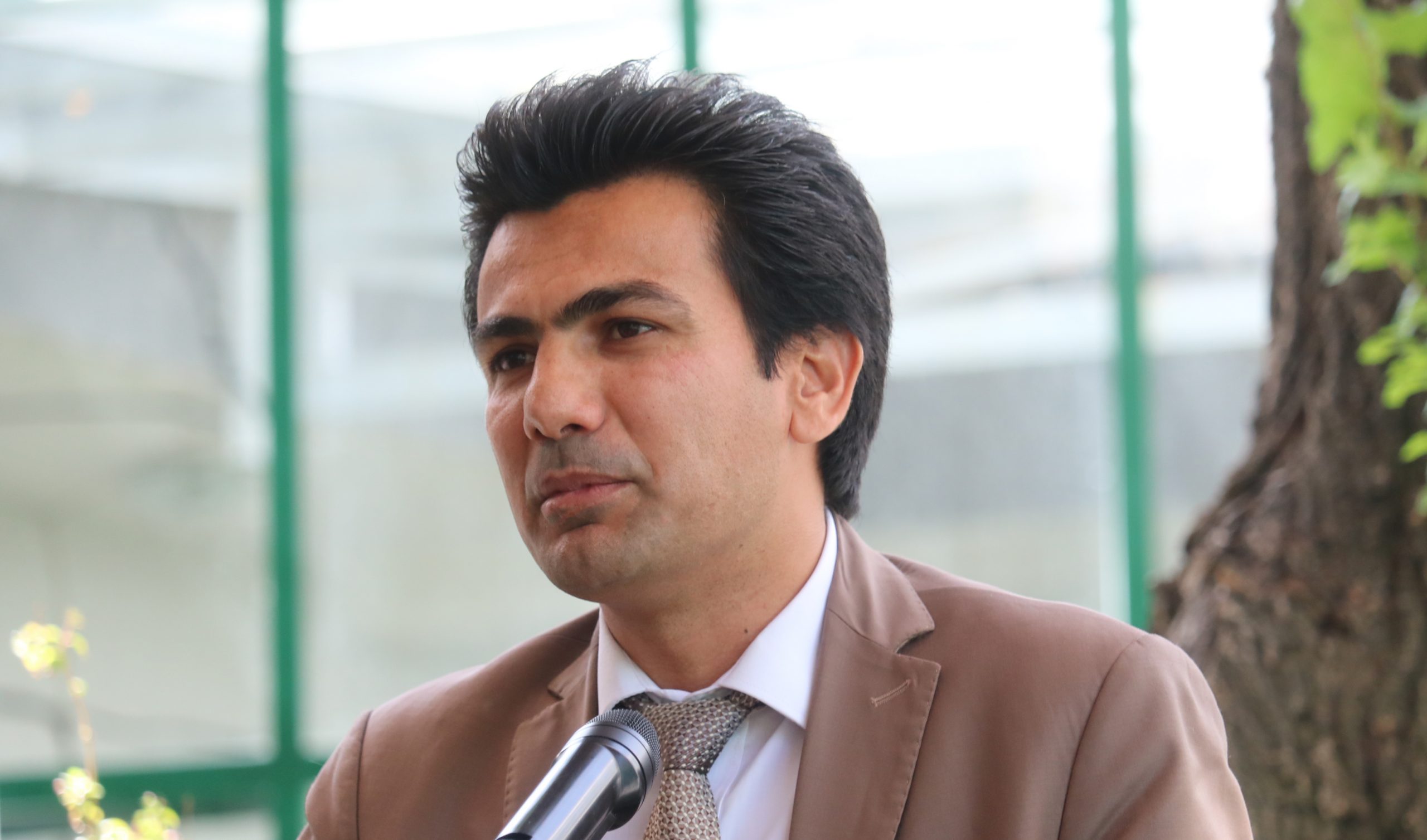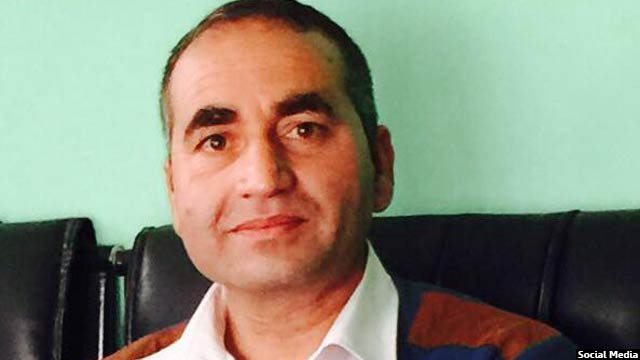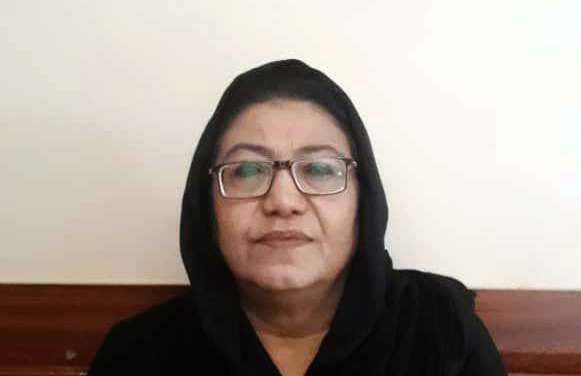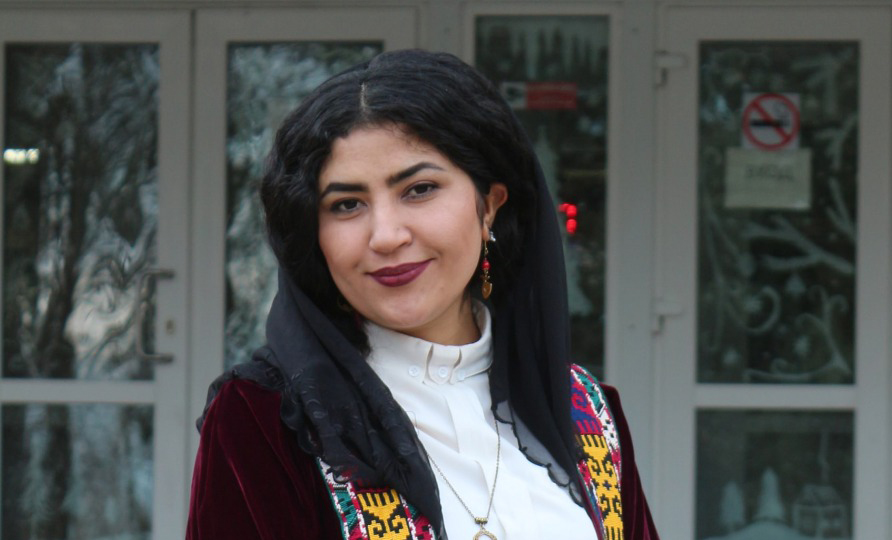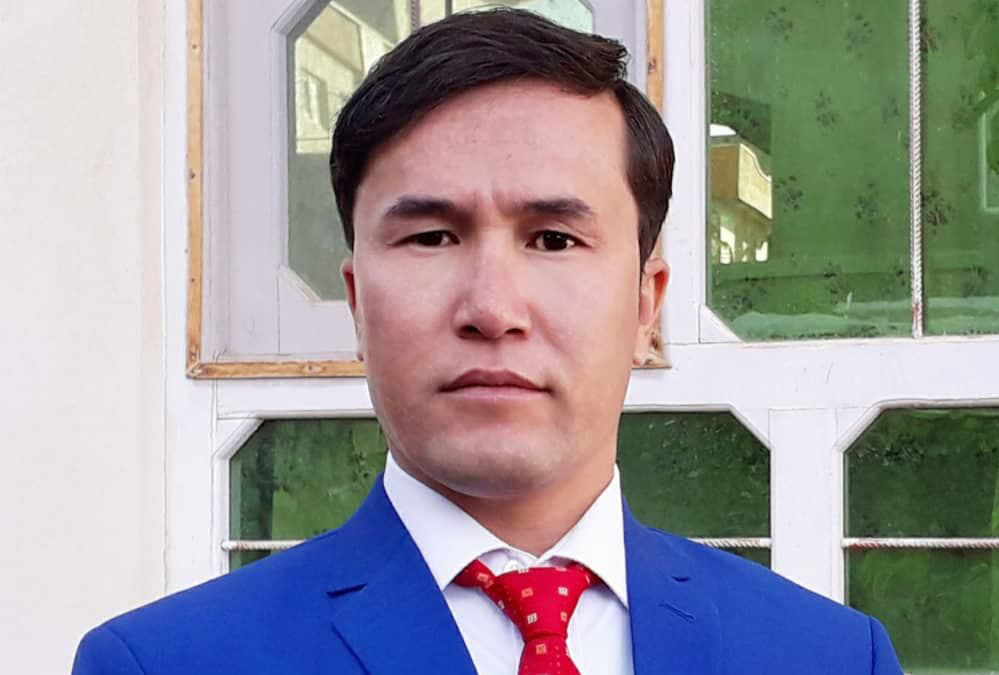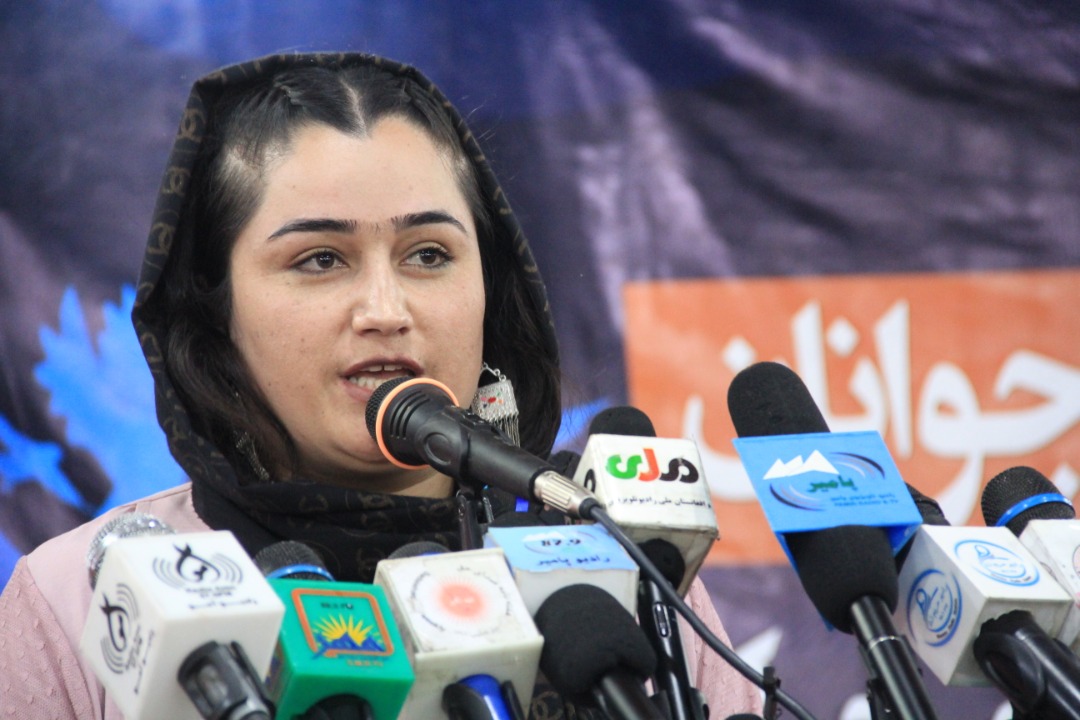What is Happening in Doha Has Nothing to Do with Afghanistan
Some experts believe that the current war is not about Afghanistan, it is rather a proxy war. The peace that is currently being discussed in Doha has nothing to do with the citizens of Afghanistan.In an interview with the CSHRN, Mr. Mousavi said that the peace negotiations in Doha has nothing to do with Afghanistan. "Afghanistan's war and peace is a proxy war issue, meaning that Afghanistan has not invaded any country, rather other countries are fighting their battles here. Those who wanted conflict in the region achieved it without being directly involved. The difference between the proxy war of the last fifteen to twenty years and the proxy war of the 1980s and 1990s is that in the recent war all involved parties are assisted and strengthened by the United States. This is not a war of the Afghan people, and the only connection it has with the citizens is the killing, the destruction, the economic, social and psychological problems. This war is in the best interests of the United States and its allies, and unfortunately Afghanistan is in not in a good strategic position.CSHRN: What do you mean by the best interests you mentioned?Mousavi: Two things are needed for the arsenals and the economy of the West as a whole. One is that there must always be war zones around the world for these weapons factories to operate and sell. The largest and most profitable industry in the world is the war industry. The weapons used in Afghanistan are all made abroad, and the mines used here are made in European countries. So one of the main goals of Western economy is that there has to be war and conflict zone. Around 1980, there were about 64 war-torn areas. Now the number has risen to more…
